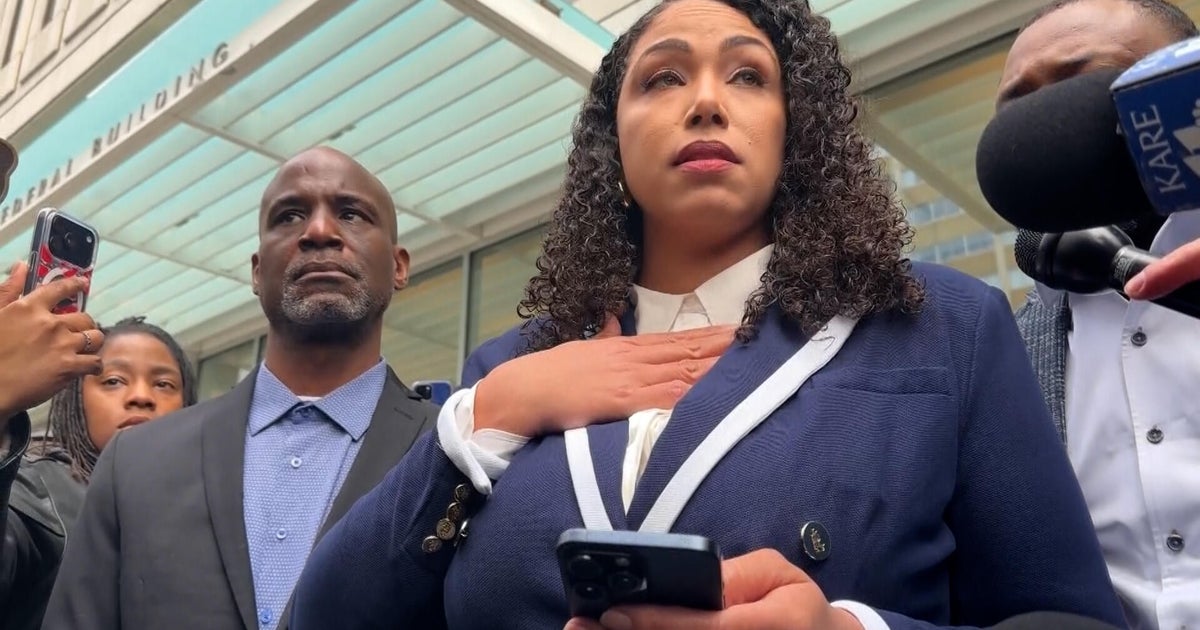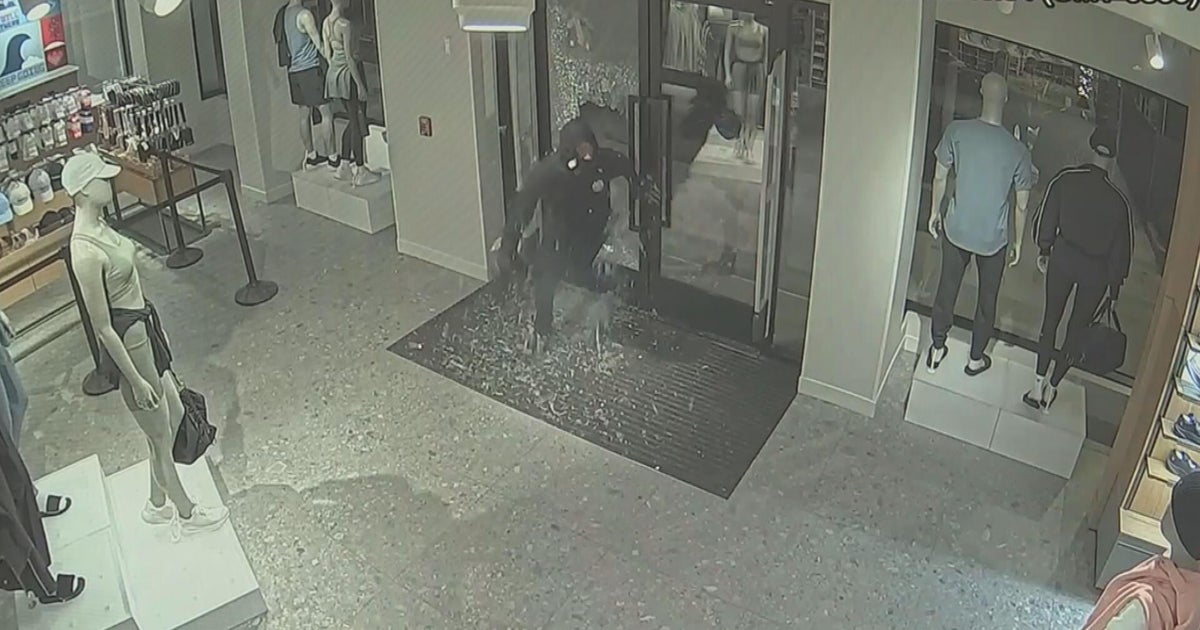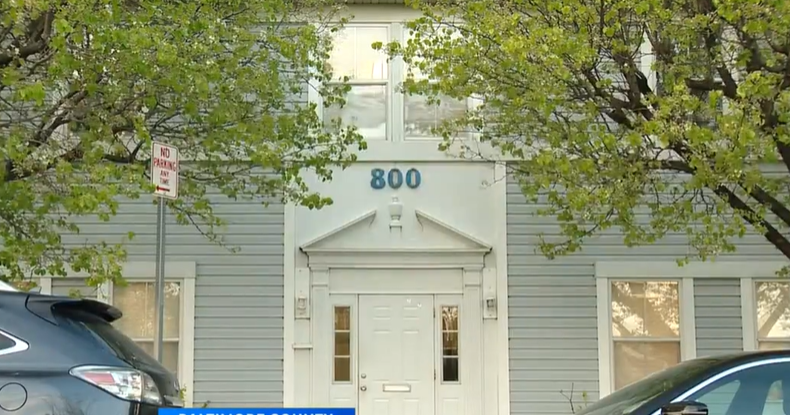Russian Hacker Who Targeted LinkedIn Extradited To Bay Area
(CNN) -- An alleged Russian hacker suspected of stealing 117 million LinkedIn passwords in 2012 appeared in federal court in San Francisco Friday morning after being extradited to the United States following a protracted diplomatic struggle between the US and Russia.
Yevgeniy Nikulin, who arrived in the US overnight, faces cyber criminal charges including cyber intrusion and identity theft. Nikulin entered a not guilty plea to all charges. He declined to provide his name and age when asked by the judge, who then advised him of his right to remain silent, noting that he might already be aware of these rights.
The government told the judge that Nikulin poses a serious flight risk and said he is a Russian citizen who was extradited from the Czech Republic. Prosecutors said they have notified the Russian consulate in Houston of Nikulin's extradition and detention.
Nikulin was arrested by Czech police in Prague in 2016 after US authorities issued an international arrest warrant for him. A grand jury indictment filed in 2016 in California charged him with computer intrusion and aggravated identity theft, among other offenses.
According to the indictment, Nikulin managed to break into LinkedIn's computers in March 2012 because he stole the username and password of an employee who worked at the company's Mountain View, California, headquarters.
Nikulin denies all the charges.
He will remain in custody for now, and a pre-trial interview may happen on Monday; he is also scheduled to have a status hearing on Monday. He will get another medical evaluation and then the FBI will bring him back to court and transfer him to US Marshals, and then most likely to Santa Rita jail. A detention hearing will take place on Wednesday. No date has been set yet for a trial before US District Judge William Alsup.
The FBI released a statement that the bureau "will not allow international cyber criminals to operate with impunity."
"Nikulin allegedly targeted three Bay Area companies through cyber-attacks, and will now face prosecution in the United States," FBI Special Agent in Charge John F. Bennett said in the statement. "This extradition is a success for US law enforcement and our partners overseas."
His extradition from the Czech Republic to the United States was a culmination of a year-and-a-half-long legal and political battle between the US and Russia, and the case reached the highest levels of politics in the Czech Republic, the US and Russia.
Soon after his arrest and the US extradition request, the Russian government asked for Nikulin to be extradited to his home country over an alleged theft from an online money transfer company back in 2009.
The Russian Foreign Ministry said at the time it wanted to prevent Nikulin's extradition to the United States.
US House Speaker Paul Ryan met with the Czech Prime Minister Andrej Babis during his visit to Prague earlier this week. A spokesperson for Babis said the topic of Nikulin's extradition was discussed during the meeting.
Robert Pelikan, the Czech Minister of Justice, told CNN that the move to extradite Nikulin to the United States was an "easy decision" after comparing the alleged crimes in the US and Russia and the level of intensity of the countries to extradite him. He also said he did not feel pressured by the Russians.
Pelikan added that he made the decision a "long time ago" but waited for all the legal proceedings to be finished.
The Nikulin case has further strained US-Russian relations. Russian authorities have objected to US efforts to extradite Russian nationals from third countries in connection with alleged hacking offenses. US authorities have filed extradition requests for Russian hackers arrested in Latvia, Spain and Greece.
The-CNN-Wire
™ & © 2018 Cable News Network, Inc., a Time Warner Company. All rights reserved.







